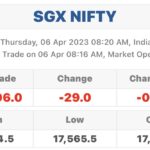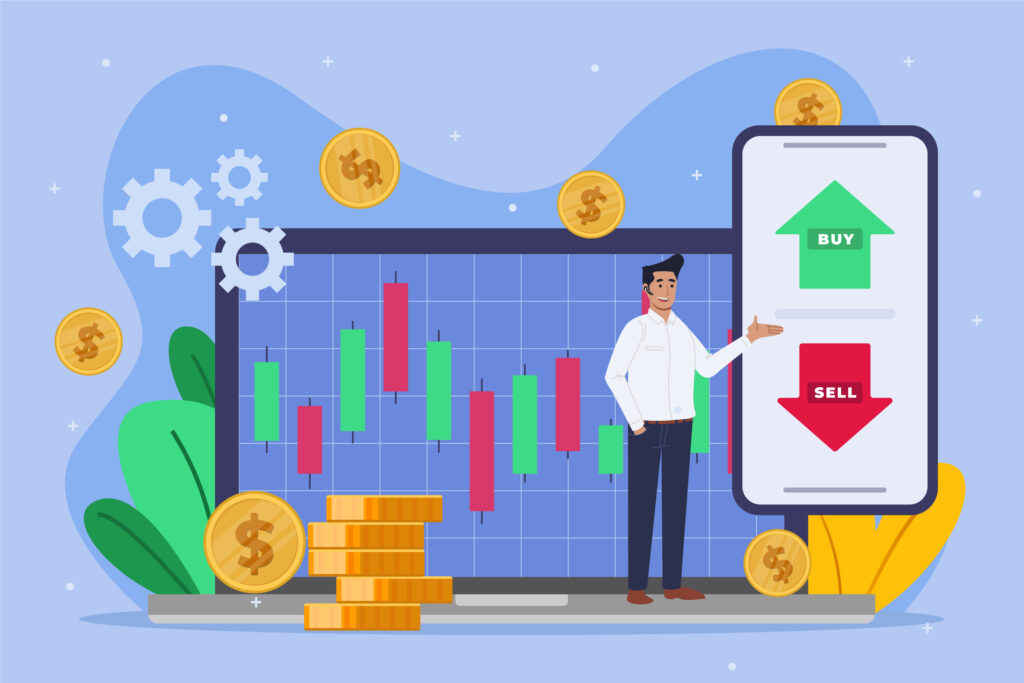The stock market can be influenced by a wide range of factors, including economic indicators, geopolitical events, company earnings reports, investor sentiment, and government policies, among others.
It is important to note that as an AI language model, I do not have real-time data or the ability to predict the future. However, I can provide some general insights into how certain events or factors can impact the stock market.

Economic indicators: Economic indicators such as GDP growth, inflation rates, employment data, and interest rates can significantly impact the stock market. Positive economic indicators tend to boost investor confidence and can lead to increased buying activity in the stock market, resulting in upward price movements. Conversely, negative economic indicators can lead to market downturns.
Company earnings: The financial performance of individual companies, as reflected in their earnings reports, can have a substantial impact on their stock prices. If a company reports strong earnings and exceeds market expectations, its stock price may rise. Conversely, disappointing earnings can lead to a decline in stock prices.
Geopolitical events: Geopolitical events, such as trade disputes, political instability, wars, or natural disasters, can create uncertainty in the market. Investors may become more cautious and sell stocks, leading to market declines. Conversely, resolutions of geopolitical conflicts or positive developments can have a positive impact on the stock market.
Investor sentiment: Market psychology and investor sentiment can greatly influence stock prices. Optimistic sentiment can drive buying activity and push stock prices higher, while pessimistic sentiment can lead to selling and lower stock prices. News, social media trends, and overall market sentiment play a role in shaping investor sentiment.
Government policies: Government policies, such as tax reforms, regulations, and fiscal or monetary policies, can impact the stock market. For example, favorable tax policies or economic stimulus measures can boost corporate profits and investor confidence, leading to market gains. Conversely, restrictive regulations or unfavorable policies can create uncertainty and negatively affect stock prices.

Geopolitical Events: Geopolitical events such as wars, trade disputes, elections, and policy changes can create uncertainty in the markets. Investors may react to these events by adjusting their portfolios, which can cause volatility in stock prices.
Monetary Policy: Decisions made by central banks regarding interest rates and monetary policy can have a significant impact on the stock market. Lower interest rates can encourage borrowing and stimulate economic growth, potentially boosting stock prices. Conversely, higher interest rates can make borrowing more expensive and dampen economic activity, which may lead to stock market declines.
Investor Sentiment: Market psychology and investor sentiment play a crucial role in stock market movements. Positive sentiment, fueled by optimism and confidence, can lead to buying activity and upward price trends. Conversely, negative sentiment, driven by fear or uncertainty, can result in selling pressure and downward price movements.






